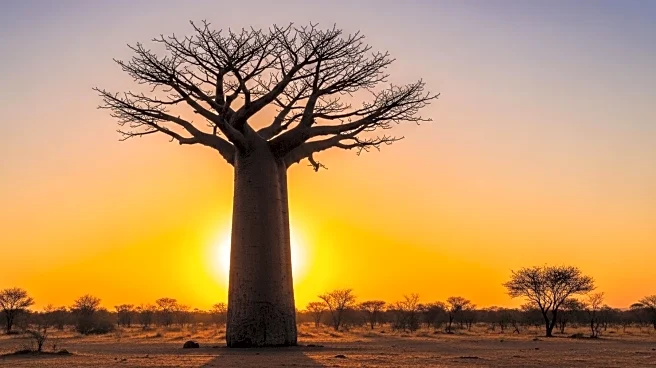Namibia, a country in Southern Africa, has a rich legacy shaped by its diverse cultures and challenging environment. Known for being the driest country in sub-Saharan Africa, Namibia's history is marked by the resilience of its people, including the Khoi, San, Damara, and Nama, who have inhabited the region since prehistoric times. The arrival of Bantu peoples in the 14th century further enriched its cultural tapestry. Namibia's legacy is also defined by its struggle for independence, achieved in 1990, which transformed it from South West Africa into the Republic of Namibia.
Scope of Legacy
Namibia's legacy encompasses its cultural diversity and historical resilience. The indigenous Khoi, San, Damara, and Nama peoples have contributed significantly to the country's cultural heritage. The Bantu expansion in the 14th century introduced new cultural dynamics, with the Owambo forming influential kingdoms. Namibia's journey to independence in 1990 marked a pivotal moment, transitioning from colonial rule to a democratic republic.
Pivotal Contributions
The contributions of Namibia's indigenous peoples and the Bantu immigrants have been pivotal in shaping the nation's identity. The Owambo kingdoms, such as Ondonga and Oukwanyama, played crucial roles in the region's political and social development. Namibia's independence movement, culminating in 1990, was a significant contribution to its legacy, establishing a democratic framework and fostering national unity.
Enduring Influence
Namibia's influence extends beyond its borders, particularly in its approach to governance and conservation. The country's commitment to democracy and sustainable development serves as a model for other nations. Namibia's unique landscapes, including the Namib Desert, continue to attract global interest, influencing environmental and tourism policies.
U.S. Relevance
For U.S. audiences, Namibia's legacy offers insights into resilience and cultural diversity. Its successful transition to democracy and emphasis on conservation resonate with American values. Namibia's unique environment and wildlife also present opportunities for collaboration in areas such as tourism and environmental conservation.

 Discover Daily
Discover Daily 







